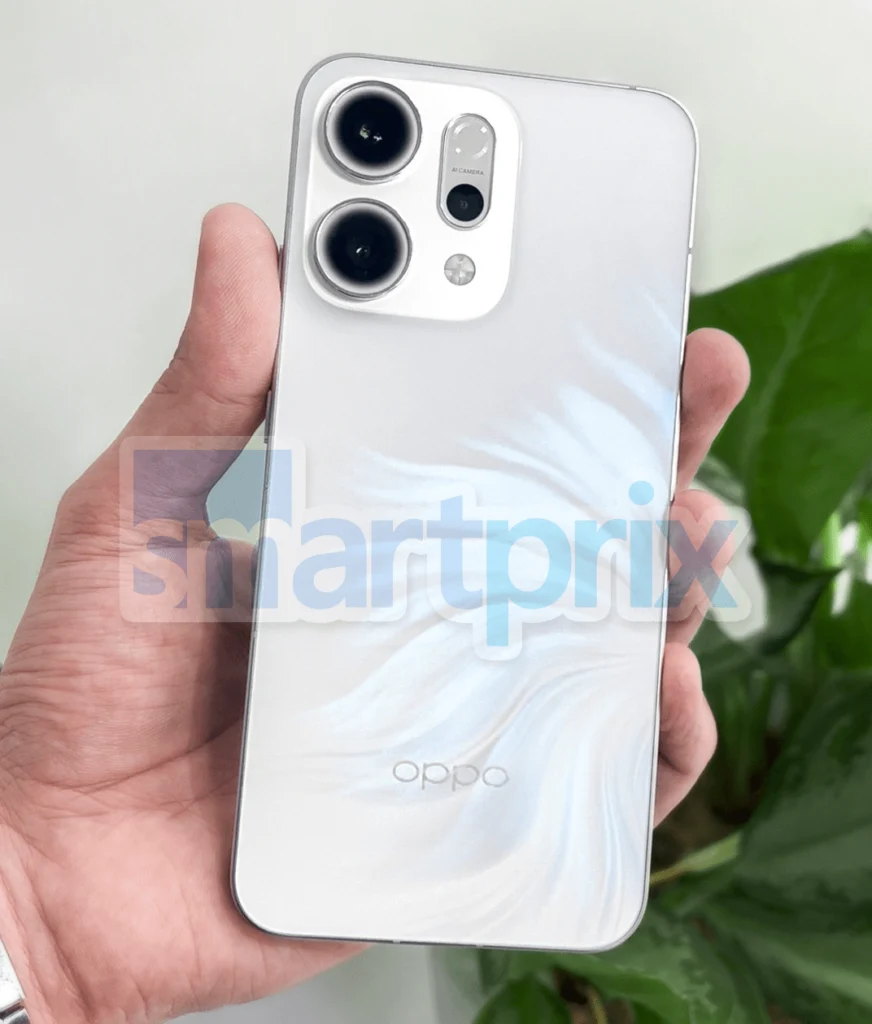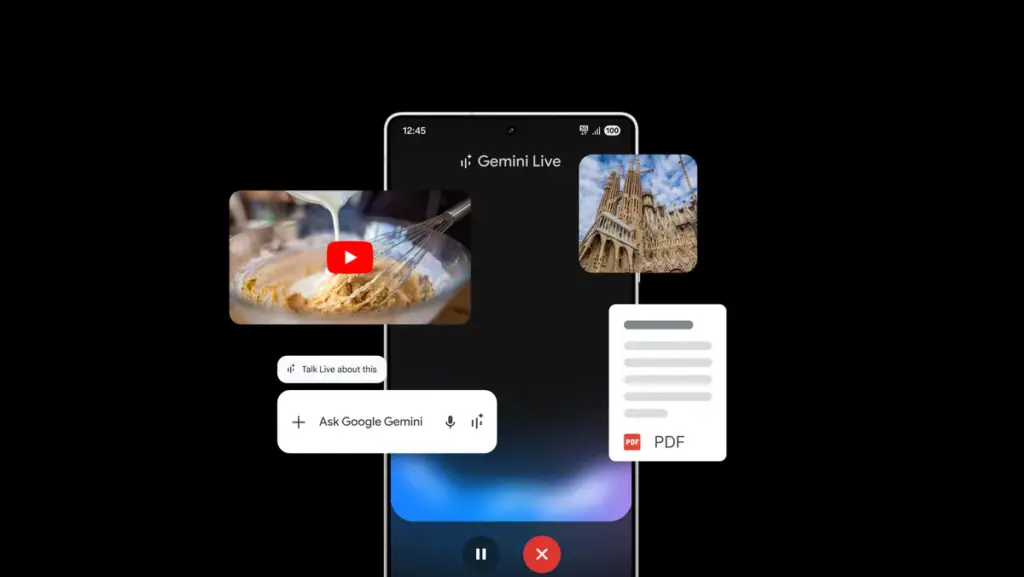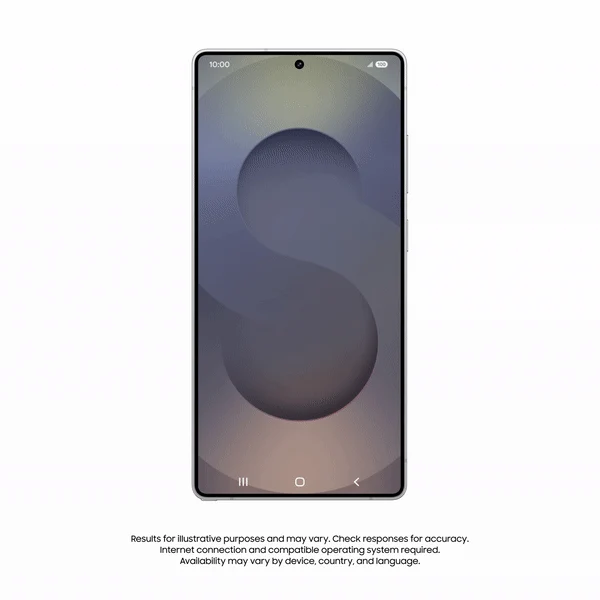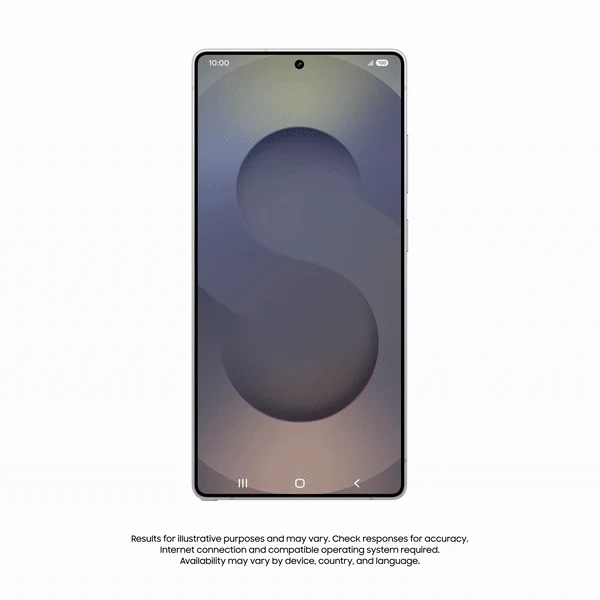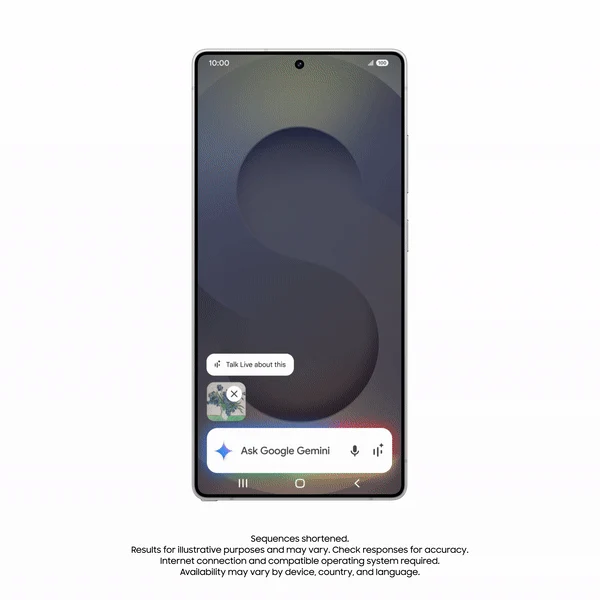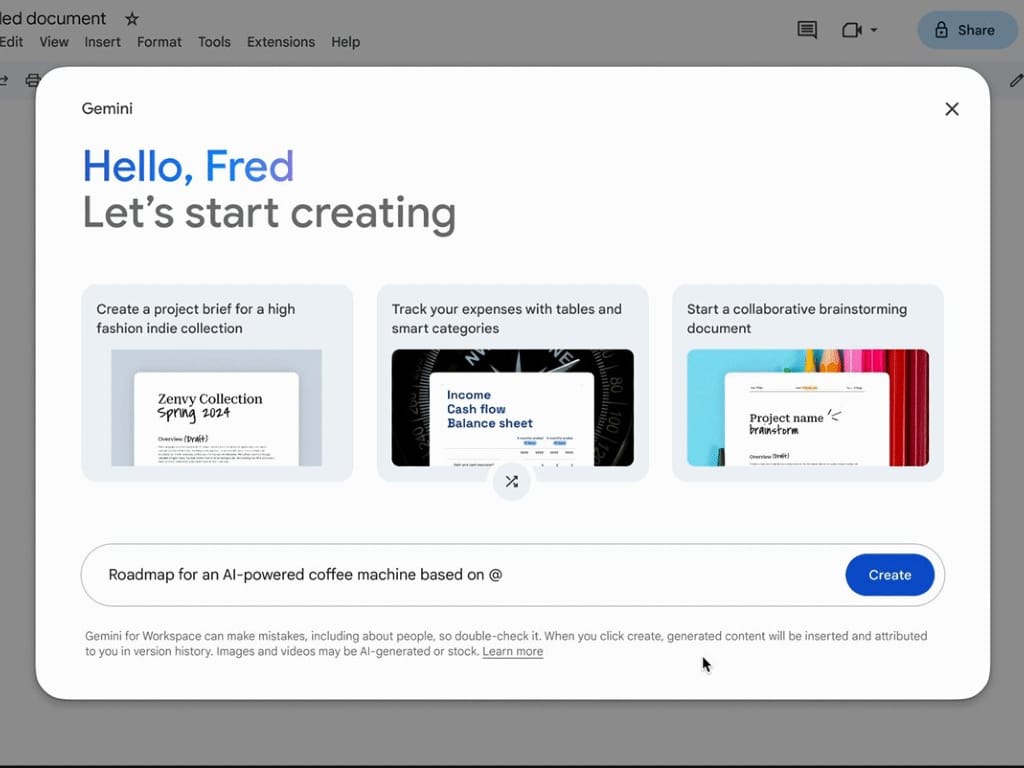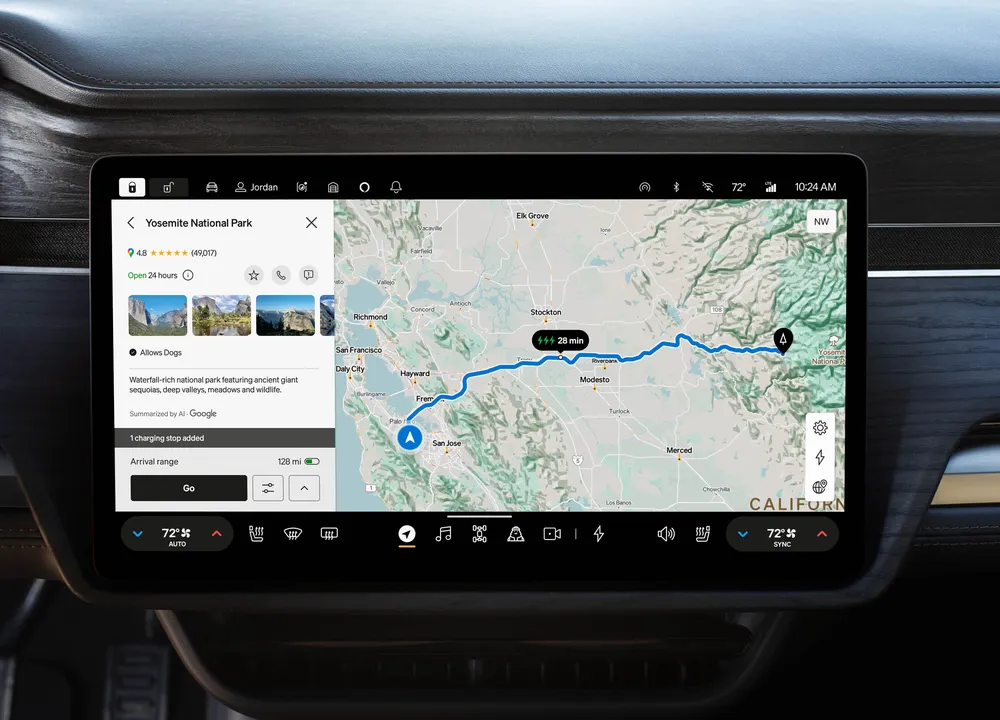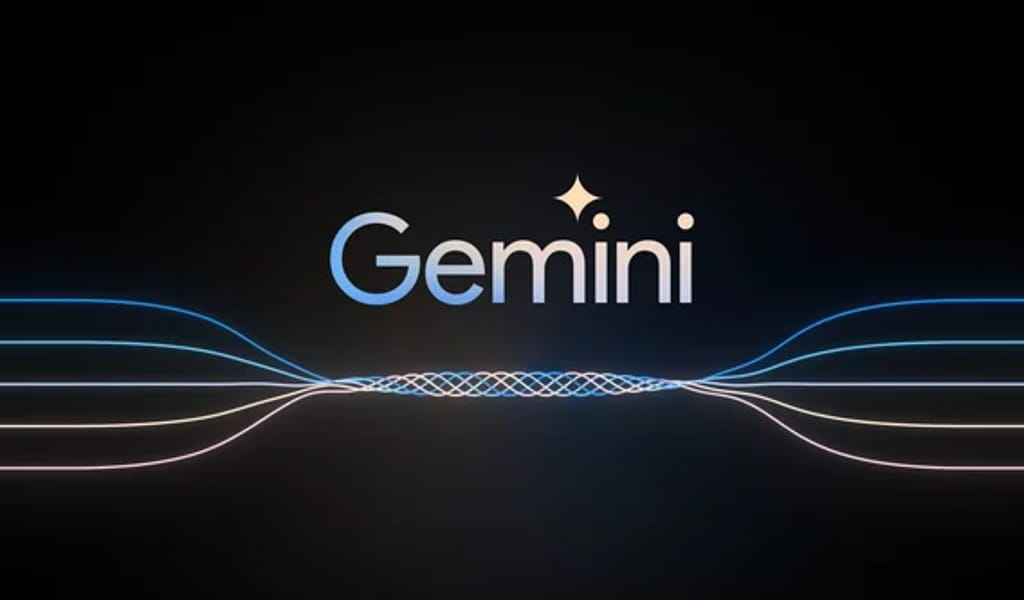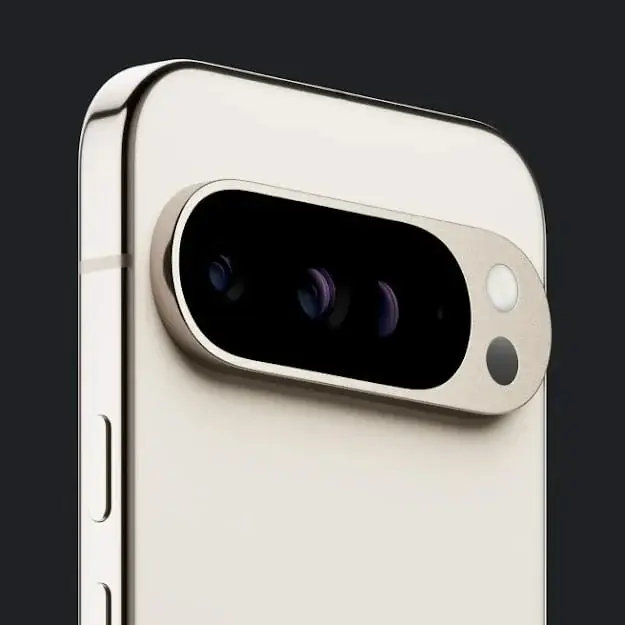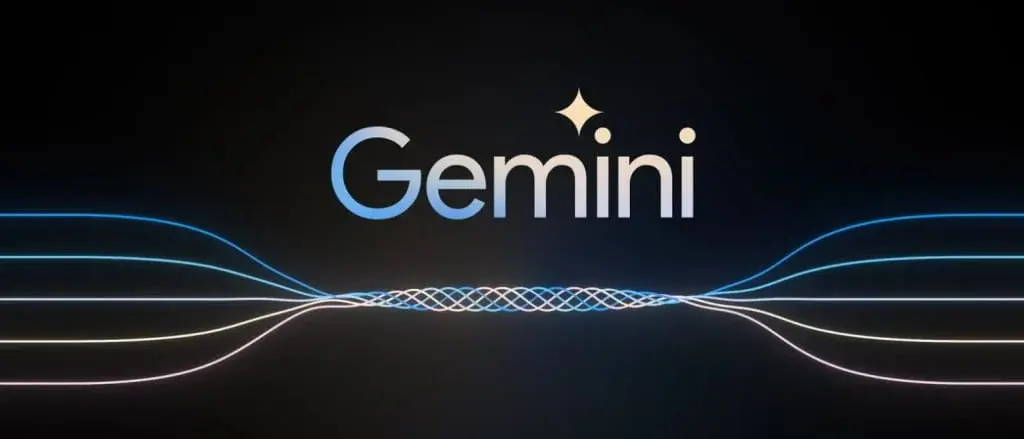Key Takeaways
1. The Pixel Watch now features Gemini, enhancing usability for YouTube Music subscribers and integrating with emails and WhatsApp.
2. Circle to Search has improved, allowing follow-up questions and specific game searches, but is currently limited to users in the U.S. and India.
3. Pixel 9 Pro users receive a complimentary year of Gemini AI Pro and access to the Veo 3 video creation tool.
4. Google aims to increase user reliance on its AI tools through ongoing subscriptions and features.
5. The July Pixel Drop is set to roll out soon, and the original Pixel Watch is available at low prices on Amazon.
While we all eagerly anticipate Google’s Material 3, the latest update for Pixel devices focuses on AI, which isn’t surprising at all.
New Features for Pixel Watch
The first exciting addition is Gemini for the Pixel watch, which seems to benefit those who have YouTube music subscriptions. The accompanying video suggests that we no longer need to remember anything, with Gemini being integrated into our emails and WhatsApp conversations.
Circle to Search Enhancements
Circle to Search is also getting an upgrade, allowing users to ask follow-up questions. It even helps you search for specific parts of a game, making it easier to find tutorials for those challenging sections. However, these features are currently limited to users in the United States and India.
Perks for Pixel 9 Pro Users
Owners of the Pixel 9 Pro will enjoy a complimentary year’s subscription to Gemini AI Pro. This also provides access to Veo 3, an AI video creation tool that generates short videos from text prompts. Since Pixel 9 series users previously received a free 12-month subscription to Gemini Advanced, it appears Google aims to deepen users’ reliance on its AI tools.
The July Pixel Drop is expected to begin its rollout soon. For those not yet part of Google’s ecosystem, the original Pixel Watch is available on Amazon at very low prices.
Source:
Link


